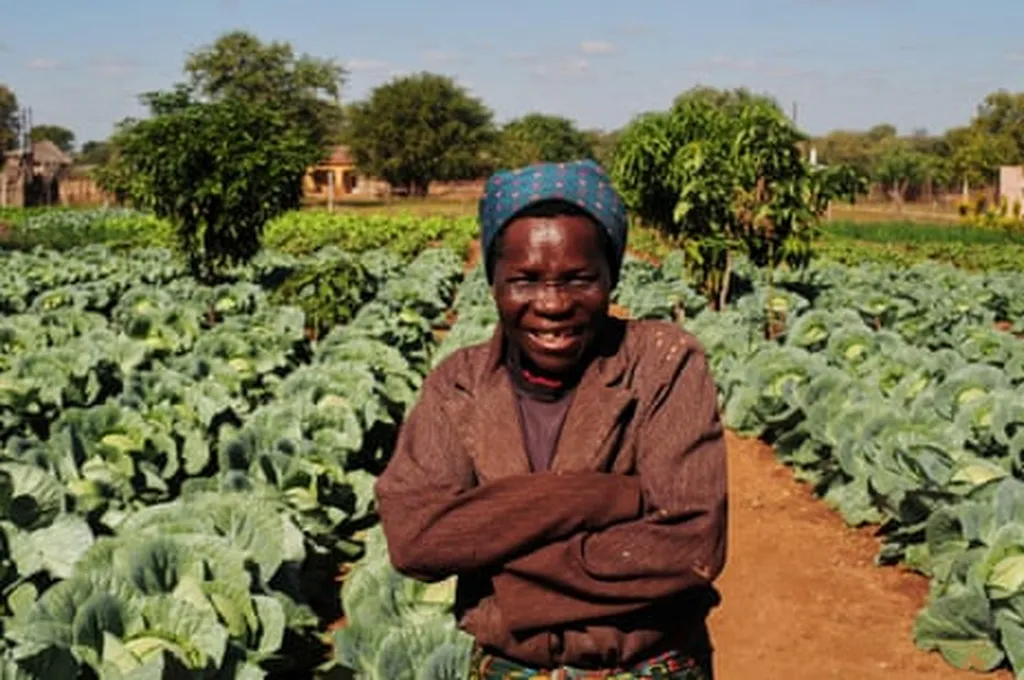In the heart of Africa, a quiet revolution is taking root, one that could reshape the way we think about food, farming, and the environment. A recent study, led by Ric Coe from the World Agroforestry Centre (ICRAF) in Nairobi, Kenya, and published in the journal *Frontiers in Sustainable Food Systems* (which translates to *Frontiers in Sustainable Food Systems* in English), has shed new light on how farmers are embracing agroecology, not just for economic gains, but also for its environmental benefits.
Agroecology, a holistic approach to agriculture that considers ecological processes and social factors, has been gaining traction as a sustainable alternative to conventional farming. But what’s driving farmers to adopt these practices? Coe and his team set out to answer this question, conducting an extensive study across eight African countries. They gathered data from over 5,000 farms, held focus group discussions, and even conducted participatory analyses to understand the factors influencing farmers’ decisions.
What they found was surprising. Farmers weren’t just considering the economic aspects of agroecological practices. In fact, environmental factors were often cited more frequently than economic reasons. “Farmers use information on and perceptions of a wide range of environmental variables and processes when assessing the usefulness of agroecological practices,” Coe explained. These factors included everything from soil health and water availability to biodiversity conservation and long-term land quality.
The study highlights the importance of context in agroecological assessments. What works in one farm might not work in another, depending on the local environment and the farmer’s livelihood. This means that impact analyses of agroecological interventions need to be tailored to the specific context, considering the environmental factors that farmers care about.
So, what does this mean for the future of agriculture? For one, it underscores the need for more localized, context-specific research. It also highlights the importance of considering environmental factors in agricultural assessments, not just economic ones. As Coe puts it, “Viability or usefulness of an agroecological practice is not a characteristic of the practice alone, but also of the context in which it is used.”
This research could have significant implications for the energy sector as well. As the world shifts towards more sustainable practices, understanding how farmers make decisions about agroecological practices could inform the development of new technologies and policies. It could also help in the creation of more effective incentives for farmers to adopt sustainable practices, ultimately contributing to a more sustainable food system.
In the end, this study is a reminder that agriculture is not just about producing food; it’s about nurturing the environment and the communities that depend on it. And as we look to the future, it’s clear that agroecology will play a crucial role in shaping a more sustainable world.

